
Karazin University's Participation in a Project Addressing Chemical Pollution in War-Affected Ukraine
Researchers from Karazin University and the University of York are launching a new joint project aimed at addressing a range of pollution-related issues that Ukraine is facing during the ongoing conflict.
The project, "Kharkiv-York Partnership Towards a Zero Pollution Environment in Post-War Ukraine," is the result of a partnership between Karazin University and the University of York, initiated as part of the Twinning initiative. This initiative involves higher education institutions from across the United Kingdom and aims to support Ukrainian researchers, students, and university leaders during the conflict.
The project's goal is to create a community of researchers with the skills and knowledge necessary to analyze the devastating consequences of chemical pollution caused by the war and develop ways to clean up Ukraine's natural environment.
Even before the full-scale invasion, Ukraine, as an industrially developed country, had significant issues with the quality of air, water, and soil. The war has only exacerbated these ecological problems due to the destruction of sewage facilities and pollution of soil and water with heavy metals, explosive remnants, fuel, greases, and bombs.
Such environmental degradation has a significant negative impact on public health. According to some estimates, nearly five million Ukrainians have problems accessing clean and safe drinking water.
Furthermore, Ukraine is a major global producer of chemicals, including fertilizers and fibers. Therefore, the expertise, knowledge, and experience gained through this joint research program will help the Ukrainian chemical industry recover based on more environmentally sustainable technologies and methods.
A research grant of £140,000 was provided as part of the Twinning initiative, as a part of UK-Ukraine R&I. This is a model of inter-institutional collaboration coordinated by the Cormack Consultancy Group and supported by the President of Ukraine's Fund for the Support of Education, Science, and Sport, with the backing of Universities UK International. This model helps Ukrainian universities emerge from the crisis with additional resources, skills, and substantial experience in international cooperation.
The implementation of the joint project between Karazin University and the University of York will begin in April 2023 and conclude at the end of August. Its ultimate result will be the establishment of a long-term research partnership to assess, mitigate, and prevent chemical pollution in Ukraine.
The project includes a 10-week online training course for PhD-level researchers focusing on the assessment and prevention of chemical pollution. It also involves an 8-week summer school at the University of York with the participation of researchers and graduate students from Karazin University. The summer school will cover research methods in chemical analysis, ecotoxicity testing, environmental monitoring, and modeling.
Later, Karazin researchers and graduate students will collaborate with research groups at the University of York to gain practical experience in using various research methods in ecotoxicology, assessing the migration patterns of chemical substances, environmental chemistry, and more.
Karazin University members will travel to North Yorkshire to gain access to state-of-the-art equipment at the University of York, including their advanced mass spectrometry center.
Professor Alister Boxall from the School of Environment and Geography at the University of York noted, "This unique partnership will help create a community of researchers from the UK and Ukraine with the knowledge and skills required to address one of Europe's most pressing challenges. The war has led to significant chemical pollution, affecting both human health and the environment. In the post-war period, it is essential that we are prepared with the knowledge and potential needed to tackle the horrendous consequences of chemical pollution in war-affected areas."
Natalia Popovich, Associate Professor at the Institute of Physical Geography and Cartography of the School of Geology, Geography, Recreation, and Tourism at Karazin University, added, "Our long-standing collaboration with the University of York is a substantial support for us in these challenging times. Together with researchers from York, we have already held several joint lectures and seminars on environmental protection issues in Ukraine. Our graduate students and university members are eagerly looking forward to this incredible opportunity: to exchange knowledge, acquire necessary skills, and work on their own research projects with direct access to cutting-edge equipment during summer school in York. We hope that personal interactions with our colleagues, networking, and shaping a common vision for cleaning up Ukraine's natural environment will make a significant contribution to our country's post-war recovery."
Professor Sol Tendler, Pro-Vice-Chancellor for Research at the University of York, expressed his thoughts, saying, "Our partnership with Karazin University has already demonstrated excellent results both in Ukraine and here in York, and I am confident that this research project will take our collaboration to an entirely new level. This vital and timely research will provide a clear scientific understanding of the problem and have a significant positive impact on the lives of those who need it most. The devastating consequences of war on the environment are not only critical for Ukraine but also one of society's biggest challenges. This research epitomizes the unique spirit of international unity and collaboration for the benefit of society. We are confident that we will be able to provide our colleagues from Ukraine with a truly warm welcome when they arrive in York later this year.



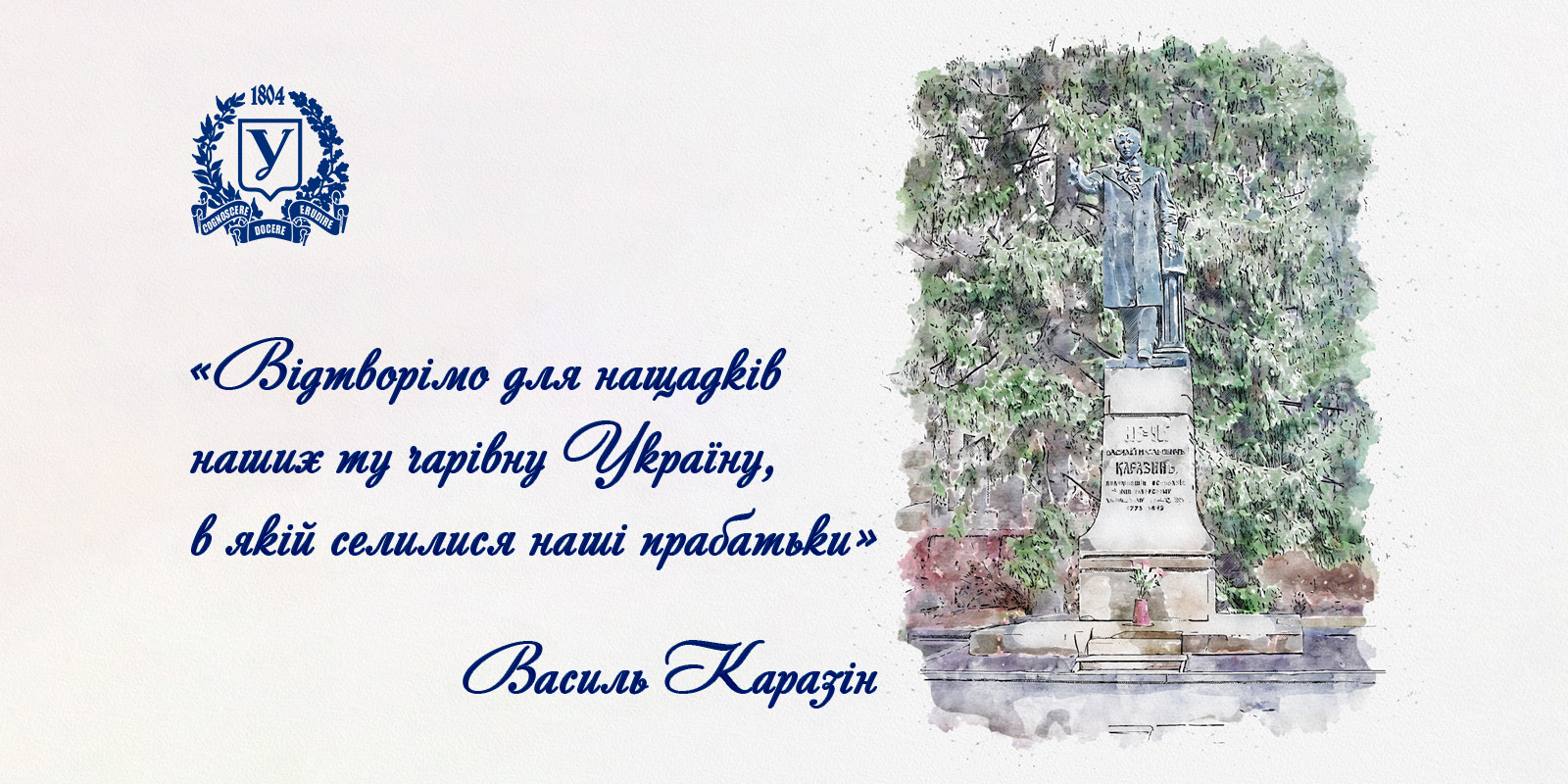
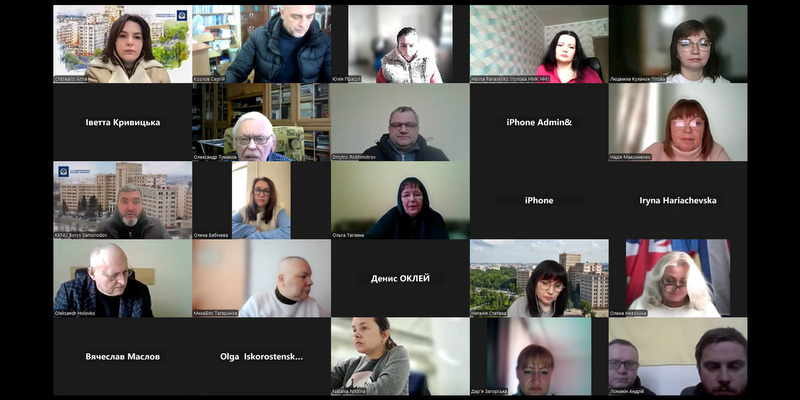
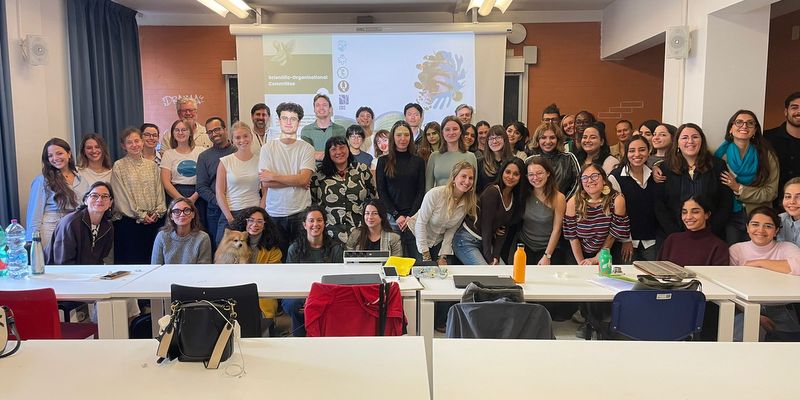
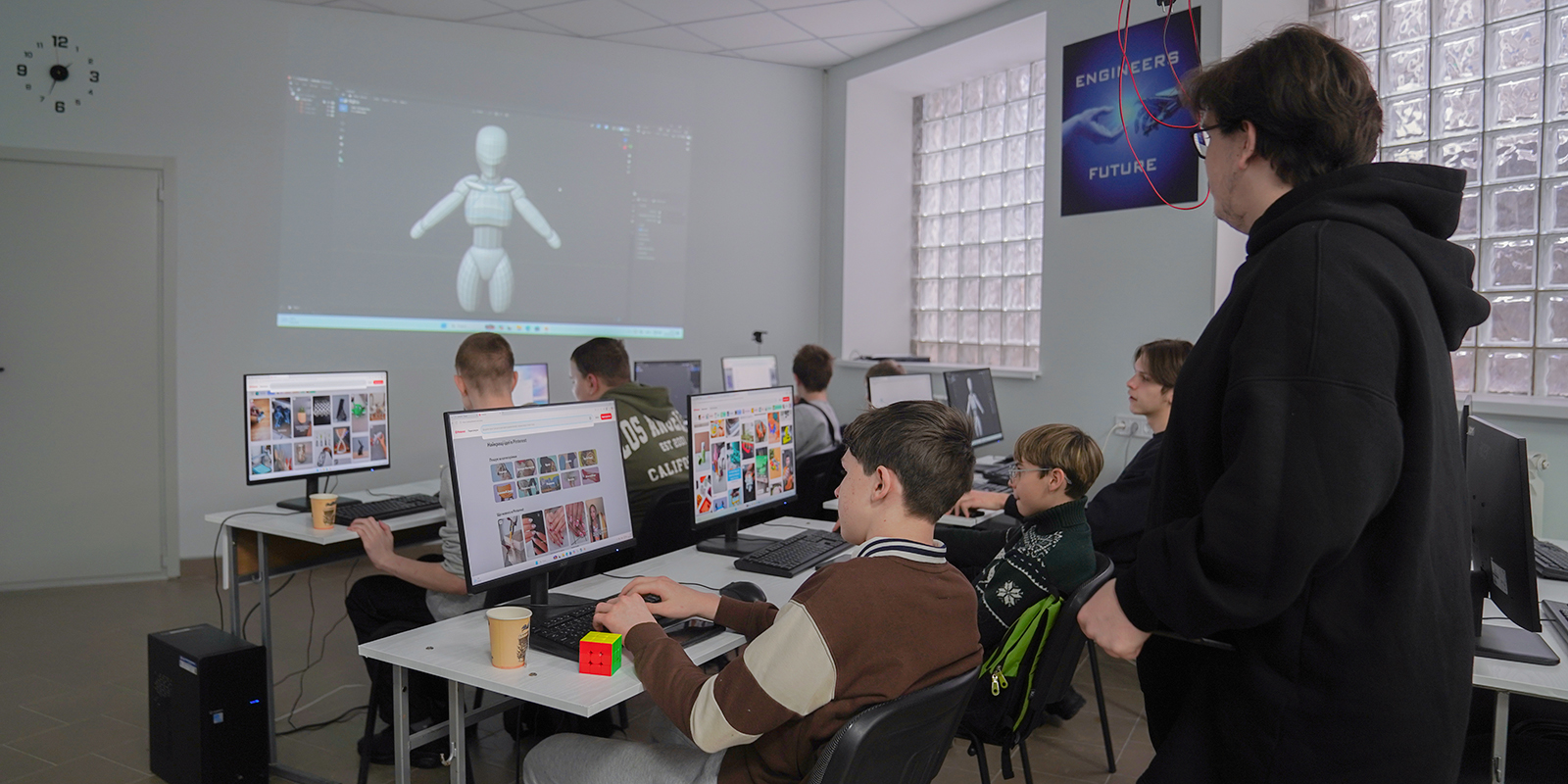
.jpg)
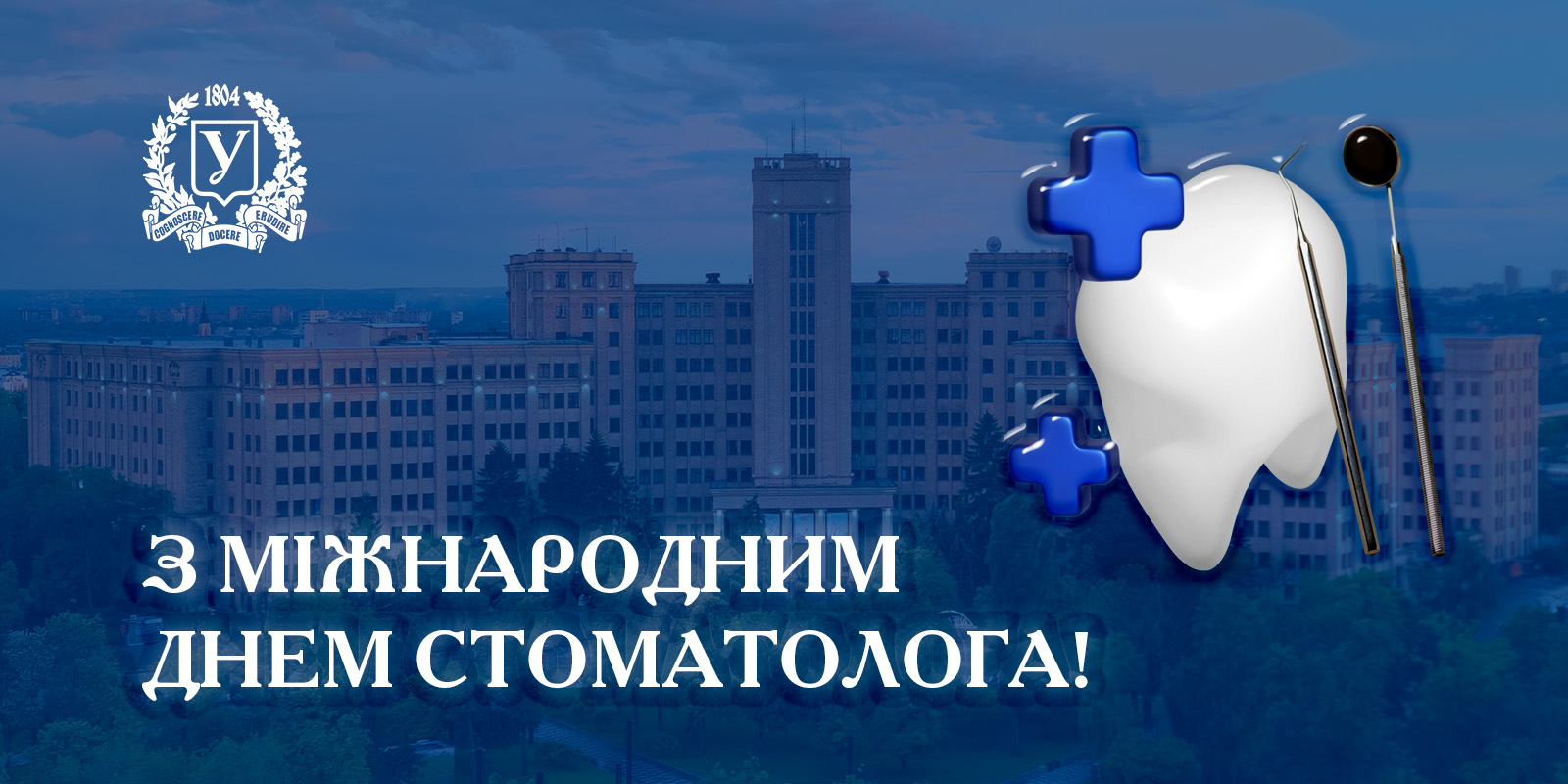
%20(1).jpg)
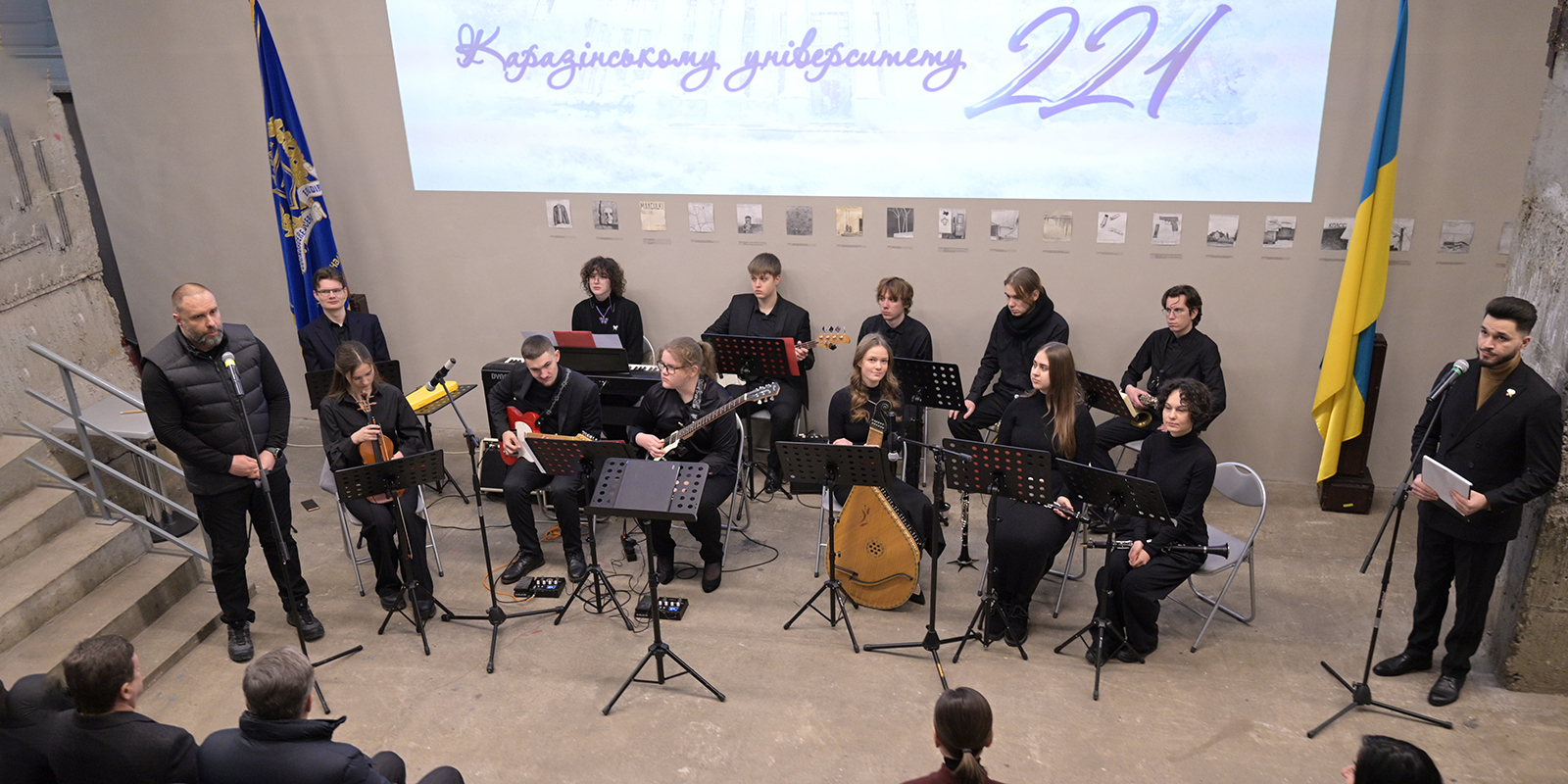
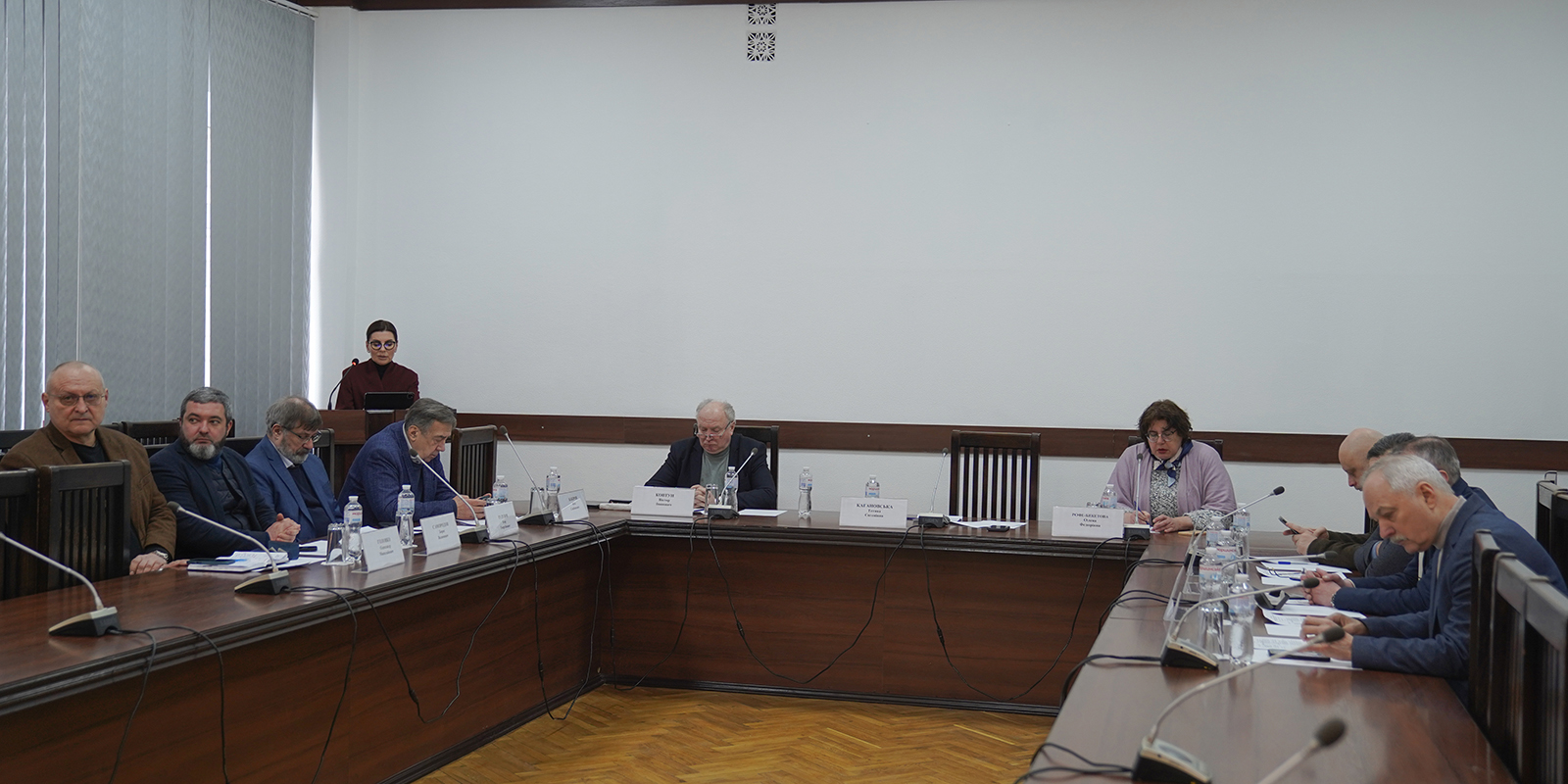
%20(1).png)